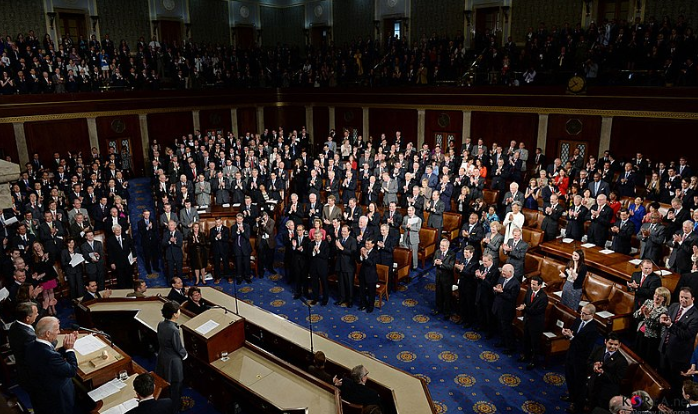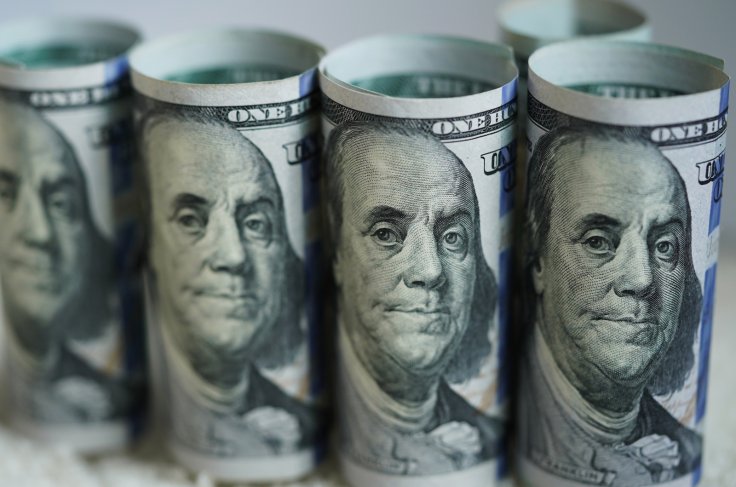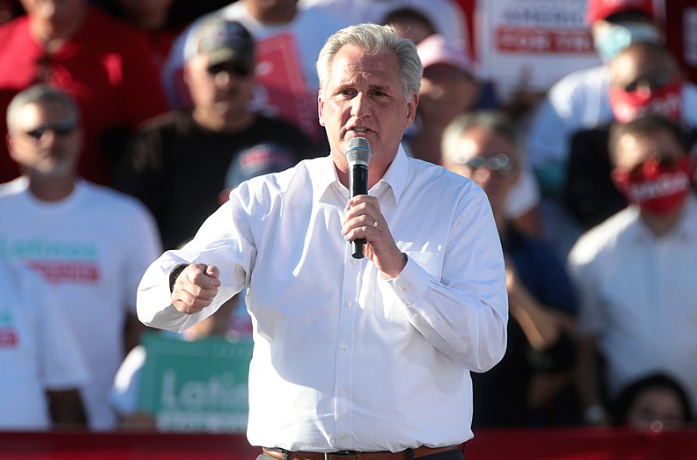The US debt limit standoff has apparently eased, averting a disastrous government shutdown and default, as the warring factions have reached an agreement on the contentious issue of spending cuts.
Under the deal to increase the US government's debt limit for two years, the government spending will be capped as per the Republicans' demand. The agreement was reached in a phone call Saturday between President Joe Biden and House Speaker Kevin McCarthy.

Agreement in Principle
"After weeks of negotiations, we have come to an agreement in principle. We still have a lot of work to do but I believe this is an agreement in principle that is worthy of the American people," McCarthy said.
Biden said the demands of the Democrats have been upheld under the agreement as well. "The agreement protects my and congressional Democrats' key priorities and legislative accomplishments," Biden said, according to CNN.
Details to be Worked Out
Though the broad agreement has been reached, the details have to be approved by either side. Since the Republicans control the House and the Democrats the Senate, passing of the deal before the June 5 deadline can still be problematic.

On Saturday, Treasury Secretary Janet Yellen extended the government shutdown deadline to June 5. The US government would default on payments after June 5 if a deal is not reached before then and the legislative processes completed. "We now estimate that the Treasury will have insufficient resources to satisfy the government's obligations if Congress has not raised or suspended the debt limit by June 5," Yellen wrote to McCarthy, according to CNBC.
Current Debt Limit
The current US government debt limit stands at $31.4 trillion. In August 2021, when the government stared at a shut down, the debt limit was $28.4 trillion. Congress enhanced the limit on December 14, 2021 to around $31.4 trillion. It was projected at that time that the limit would be breached sometime in 2023.
The deal to extend the debt limit will help the government borrow further and avoid a payments default. The US government has never defaulted in its interest in payment commitments. A default by the US will have catastrophic consequences and trigger a global economic crisis.

If the government hits the debt ceiling, it cannot spend more unless the limit is enhanced or suspended. Technically, the limit prevents the Treasury Department to issue more Treasury bonds to bring in money. At this point it will have a tough choice - either to stop paying federal employee salaries and social security payments or stop paying the interest on the national debt. Both choices are tough and if the government is forced to keep spending on salaries and benefits, it will fail to pay interest on national debt, leading to a default.









